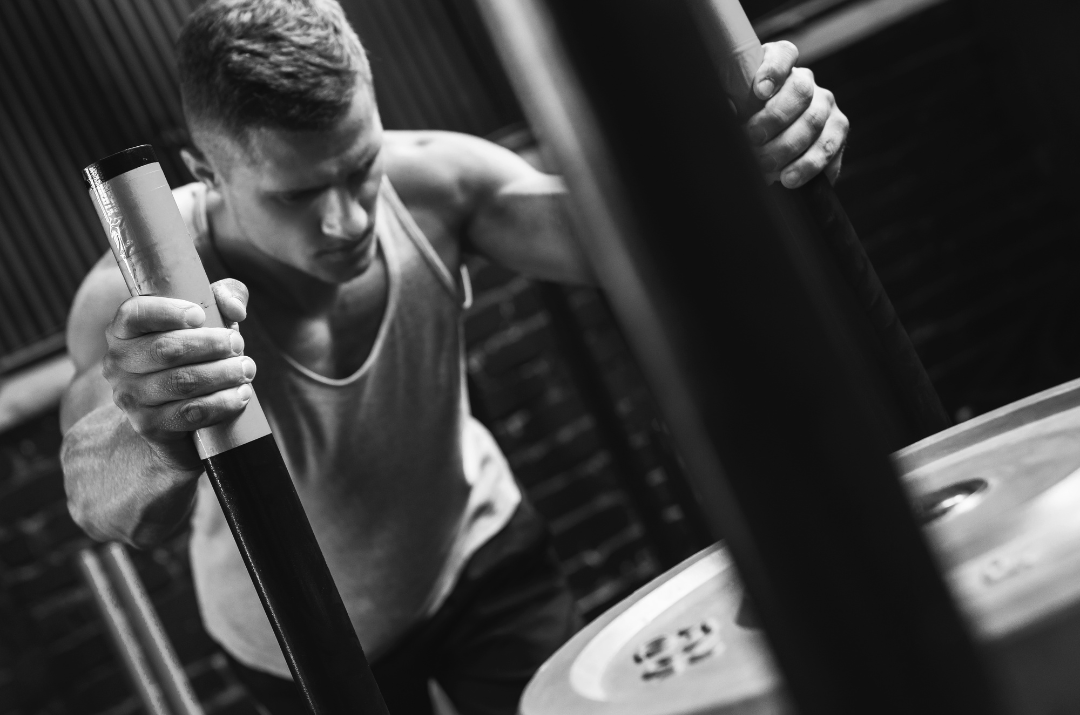It’s always a little awkward to discuss the pelvic floor musculature and, as such, it’s a commonly neglected component of back pain and pelvic pain rehabilitation. We all understand the pelvic floor’s importance in continence and for normal urinary and sexual function, but it also plays a pivotal role in the stability of the lower back and pelvis.
The pelvic floor is a group of muscles forming a diaphragm at the base (floor) of the pelvis, spanning and linking the sacrum, coccyx, ischium, ilium and pubic bones. Their most obvious function is to control the outlets of the genito-urinary and digestive systems, but, as they have contractile force across the sacro-iliac joints (SIJ), they can provide joint compression and stability.
How does this help my back? First of all, the SIJs are inherently linked (functionally and biomechanically) to the lower back and, depending who you read, are involved in 30-65% of back pain experiences. Dysfunction in these joints is often related to instability, and thus extra compression (from the pelvic floor muscles) is of assistance in recovery.
Secondly, and probably more importantly, the coordination of the pelvic floor is tied in with the stability muscles of the lumbar spine/lower back, particularly the deepest abdominal muscle, the transversus abdominus (TA). The TA muscle, as it contracts, increases the pressure of the abdominal cavity and tensions the ligaments/fascia of the lower back, creating functional stability. The abdomen is constrained on the top and bottom by the diaphragm and pelvic floor respectively. Without adequate coordination and strength, the pressure/tension cannot be created, making it hard for the back to be stabilised.
The importance of the pelvic floor in this function has been known for some time, and research has suggested the pelvic floor (along with the TA and other stabilising muscles) activates before someone moves in order to stabilise and prevent injury.
So the next time you’re working on your core, or doing Pilates in our Sydney CBD studio, think about working on that pelvic floor to stabilise for extra benefit.
If you think you may have issues with your pelvic floor function, such as weakness or bladder leakage, book in to see Bonnie, our Specialised Physio’s who work in the area of Women’s Health.





